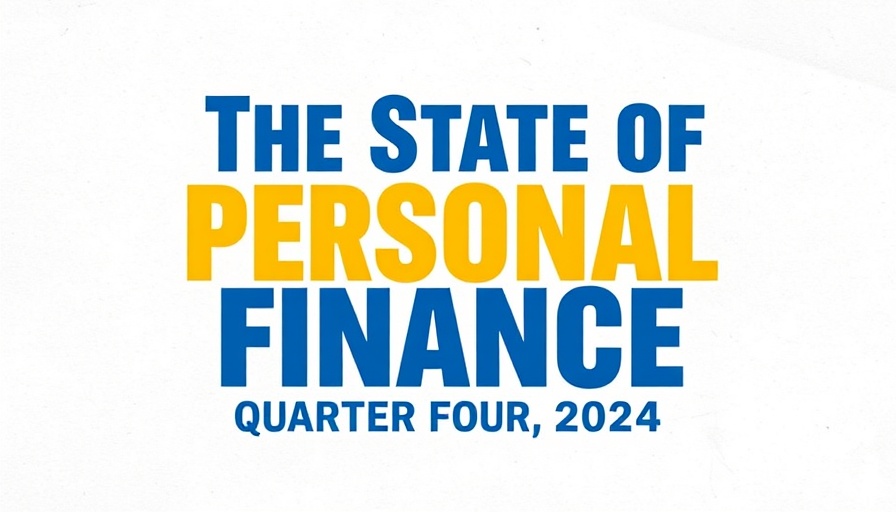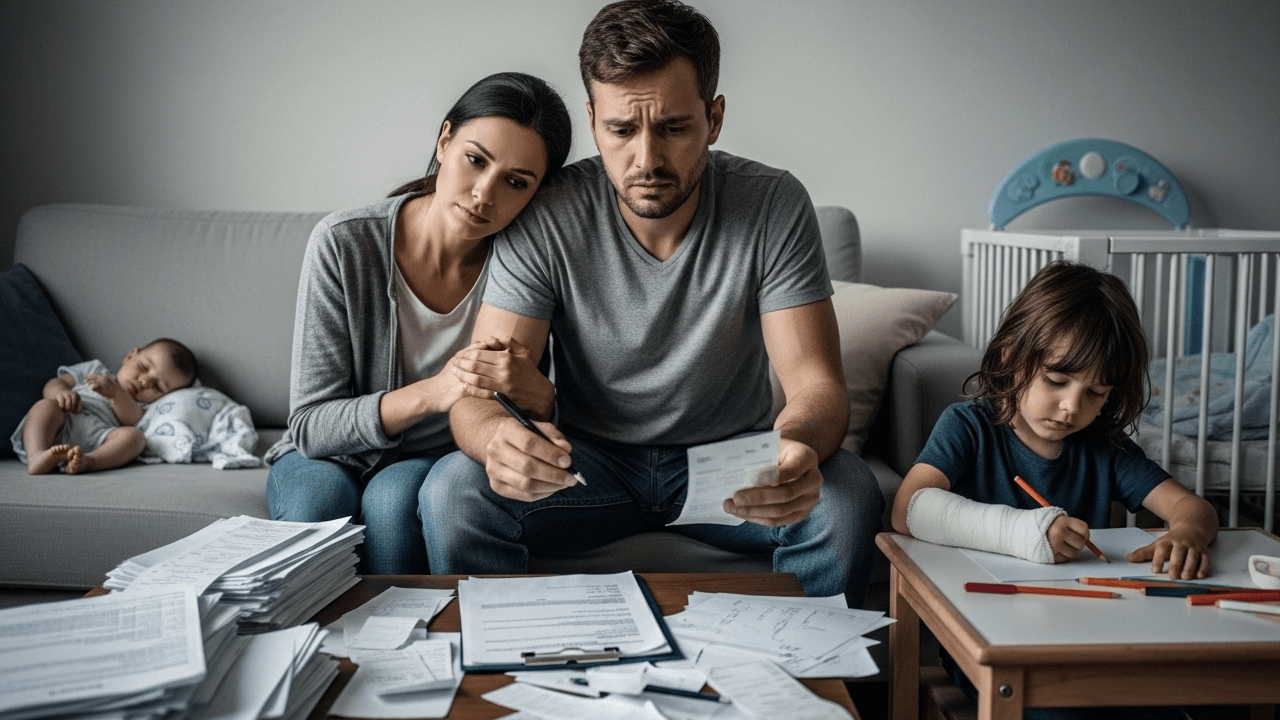
A Look At Personal Finances in America: Mid-Year Insights
As we progress through 2025, attitudes toward personal finance in America are showing signs of cautious optimism. Concerns about financial stability are easing, and many Americans report it is becoming easier to meet everyday expenses. However, beneath this surface optimism lies a complex web of challenges still faced by a significant portion of the population.
Economic Overview: Trends and Changes
The latest reports indicate a two-year low in the number of Americans struggling to pay bills, which now stands at 43%. This welcome change comes alongside a noteworthy decline in housing difficulties, falling to 42%, a four-year low. Despite these positive shifts, the shadow of economic anxiety lingers. Some groups, especially Gen Z, are experiencing troubling trends, with over half admitting difficulties in managing rent or basic bills.
The Most Pressing Money Worries Today
When it comes to specific financial concerns, food prices dominate the list, surpassing worries about gas and housing costs. This shift highlights the growing financial burden on families as food prices continue to spike, demanding a larger portion of household budgets. Interestingly, while worries about daily finances are decreasing—52% of U.S. adults report anxiety over finances daily—regret over past money mistakes persists, echoing the need for financial education.
Understanding American Optimism Amidst Struggles
Almost 60% of Americans express optimism about achieving their financial goals. However, this does not wholly align with their actual financial situations—only 25% feel better off today than a year ago. With 33% of Americans identifying as financially struggling or in crisis and 52% living paycheck to paycheck, these statistics tell a tale of resilience yet reveal a significant underlying economic strain.
The Politics of Personal Finance
Political sentiment often intertwines with economic outlook. A majority of Americans (61%) believe the U.S. economy is heading in the wrong direction. The prevailing distrust in government to improve economic conditions has contributed to a more cautious financial mindset among the populace. Furthermore, attitudes towards tariffs and their perceived negative impact on personal finances add another layer of complexity for many families.
Exploring Diverse Financial Perspectives in America
While some Americans are waking up to the perks of solid credit scores—41% deeming it more desirable than owning a paid-off car—others grasp for the ideals of luxury living. The aspiration for expensive homes and cars is echoed by 42%, who admire those in such situations. However, this cultural admiration may lead to misguided financial decisions, as showcased by the 54% of adults who harbor regret over past financial missteps.
The Value of Financial Literacy
These findings speak volumes about the importance of financial education. Understanding personal finance can empower individuals to make savvy decisions, which is essential as many Americans face economic uncertainty. Programs that focus on budgeting, saving money, and even exploring side hustles are increasingly crucial in today’s financial landscape.
Best Practices for Financial Success
For those looking to enhance their financial well-being, employing practical budgeting techniques can pave the way to stability. Setting up a budget is vital, alongside developing saving habits and exploring opportunities for side hustles to generate extra money. Small changes can lead to significant improvements in financial health.
Taking Control of Your Finances
In conclusion, while the state of personal finance in America shows signs of improvement, it remains layered with challenges that require attention and action. By focusing on financial literacy and making informed decisions, individuals can take tangible steps towards better financial futures. Staying proactive in budgeting, seeking ways to save, and exploring additional earning opportunities can make a difference in your financial journey.
For those eager to master their finances, consider delving into your expenditure habits, exploring resources for effective budgeting, and perhaps starting a side hustle. Taking control of your finance is not just beneficial; it’s essential in navigating the complexities of modern American life.
 Add Row
Add Row  Add
Add 




Write A Comment